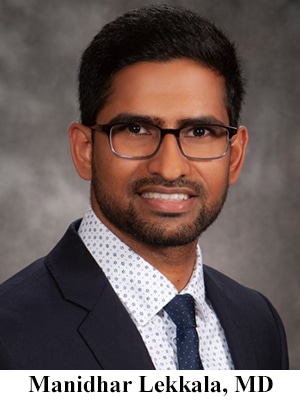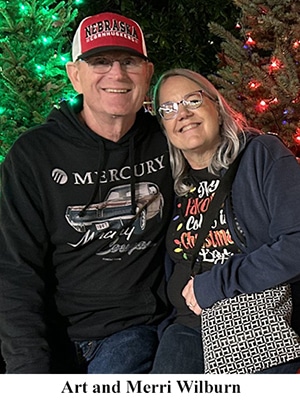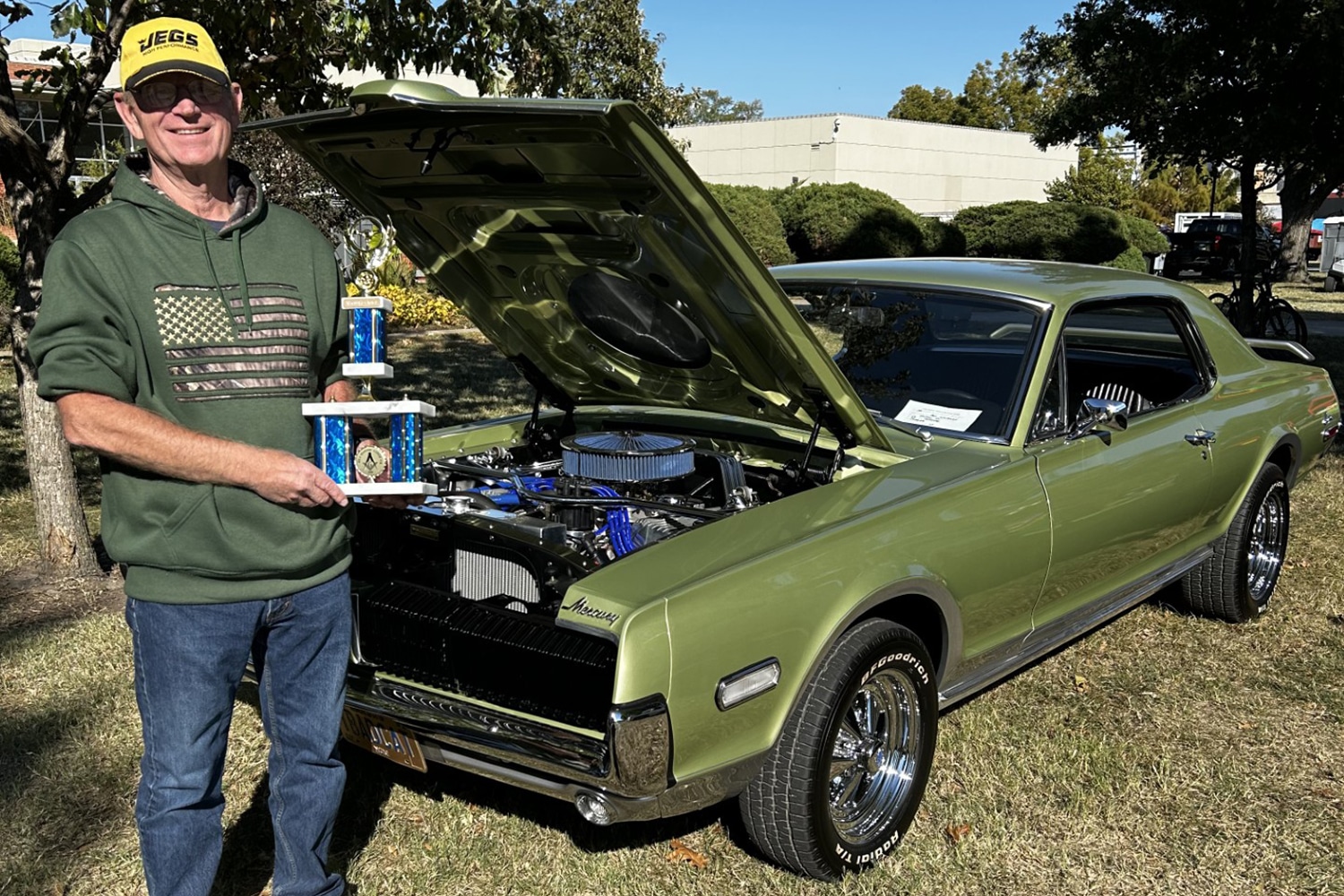Art Wilburn readily admits that his Type A personality drives him to control almost every situation. But when it comes to dealing with colon cancer, he freely gives up control to his doctors and his God.
“It’s kind of a big thing when you realize you can’t fix something by yourself,” said the 66-year-old farmer. “When that happens, you just have to put your trust in the right people.”
A classic car enthusiast who farms row crops on 80 acres near Lyndon, Kansas, Wilburn has a long family history of cancer.
“I have had a lot of family members – aunts, uncles, grandparents – who lost their battle to colon cancer or another type of cancer,” said Wilburn.
Confusing signs and symptoms
In the spring of 2023, Wilburn felt run-down for many days, with no energy to work around the farm. “My energy level was next to nothing,” recalled Wilburn.
“Our family doctor asked all the standard questions about my health and did the standard blood tests. He also asked me to do one of the boxed colon cancer tests, which came back negative. I then went to a gastroenterologist who put a scope down my throat to check my stomach for ulcers, but they found nothing. Finally, I went in for a colonoscopy and they found a large mass in my colon.”
The doctors reported that the slow-growing tumor may have been present for a long time. As it grew larger, the tumor protruded through his colon and pressed against his stomach.
Doctors also discovered that Wilburn had anemia, a condition in which the body does not have enough healthy red blood cells to carry oxygen throughout the body. Cancer tumors are known to be ‘bloodthirsty.’
As a result of these tests, Wilburn began two different infusion therapies: one for iron to increase his blood’s hemoglobin and a second for a drug to shrink the tumor.
After three months of treatments, the tumor had shrunk by a third. After another three months, with treatments every three weeks, the tumor had shrunk by another third. That’s when Wilburn’s doctors decided it was safe to surgically remove the tumor, a portion of his colon, part of his stomach wall, and reconnect his digestive system.
“My doctors said that they got all of the tumor,” Wilburn explained, “so my trust is in them and their expertise.”
Future complications
A complicating factor for Wilburn’s future health is that he has also been diagnosed with Lynch syndrome.
“After they found the mass in my colon, Manidhar Lekkala, MD ordered genetic testing,” recalled Wilburn. “He heard of my extensive family history with cancer, so he wanted to check me for Lynch syndrome.”

Lynch syndrome is caused by genes that are passed from parents to children. These genes increase one’s risk of many kinds of cancers, including colon cancer. Lynch syndrome also causes cancers to occur at an earlier age.
People with Lynch syndrome may experience:
- Colon cancer before age 50
- A family history of cancer before age 50
- Cancer of the inside lining of the uterus (endometrial cancer) before age 50
- A personal history of more than one type of cancer
- A family history of other cancers caused by Lynch syndrome, including stomach cancer, ovarian cancer, pancreatic cancer, kidney cancer, bladder cancer, ureteral cancer, brain cancer, small bowel cancer, gallbladder cancer, bile duct cancer and skin cancer
Lynch syndrome is primarily discovered through genetic blood tests, which analyze DNA for mutations in specific genes associated with the condition.
Empowered for the future
Wilburn does not know which of his family members had Lynch syndrome, as genetic testing wasn’t available until the 1990s. “I tested positive for Lynch syndrome,” explained Wilburn. “My wife Merri and I have two daughters and they both were tested, with one testing positive. She and I will undergo a colonoscopy every year to check for new polyps.”

After his cancer surgery, Wilburn spoke to Dr. Lekkala about recommendations on a healthy diet.
“He told me to cut down on the red meat, no more than two ounces per week,” said Wilburn. “I should also eat more high-fiber foods, fresh fruits and vegetables and stay away from all the stuff with lots of preservatives, so that’s what I do. I certainly don’t eat like I used to… I’ve lost 30 pounds!”
To stay active, Wilburn and his wife walk every day for an hour and a half, when weather permits. “Merri and I like to walk around town or go to Melvern Lake and walk the trails,” he said.
Wilburn credits his entire medical team for getting him through his cancer journey and for monitoring him to guard against its return.
“The whole medical team has just been amazing,” stated Wilburn. “Dr. Lekkala was great, my surgeon was really good, the nurses at the infusion center were just phenomenal. They’re all just amazing people.”
When asked, Wilburn freely recommends that everyone should get a colonoscopy.
“The preparation for the colonoscopy, including not eating beforehand, is the hardest part,” reminds Wilburn. “The procedure itself is not bad, so trust those who are guiding you. The entire process may save your life!”
Talk to your primary care provider about colorectal cancer screening options.
To find a primary care provider or to schedule an appointment, visit our website or call 1-833-463-9362.
The University of Kansas Cancer Center, in partnership with The University of Kansas Health System St. Francis Campus, expands access to the most advanced cancer care for patients in Topeka and northeast Kansas.
The St. Francis Campus Cancer Center offers comprehensive care, including the latest treatment modalities such as chemotherapy/immunotherapy, palliative care, and psychotherapy for patients and their families, along with the addition of the region’s only radiation oncology brachytherapy/HDR treatment.
Our team strives to care for you and your loved one as they would expect for their own family with competent and compassionate care. To learn more about our providers and services, visit our oncology page or call 785-295-7800.

